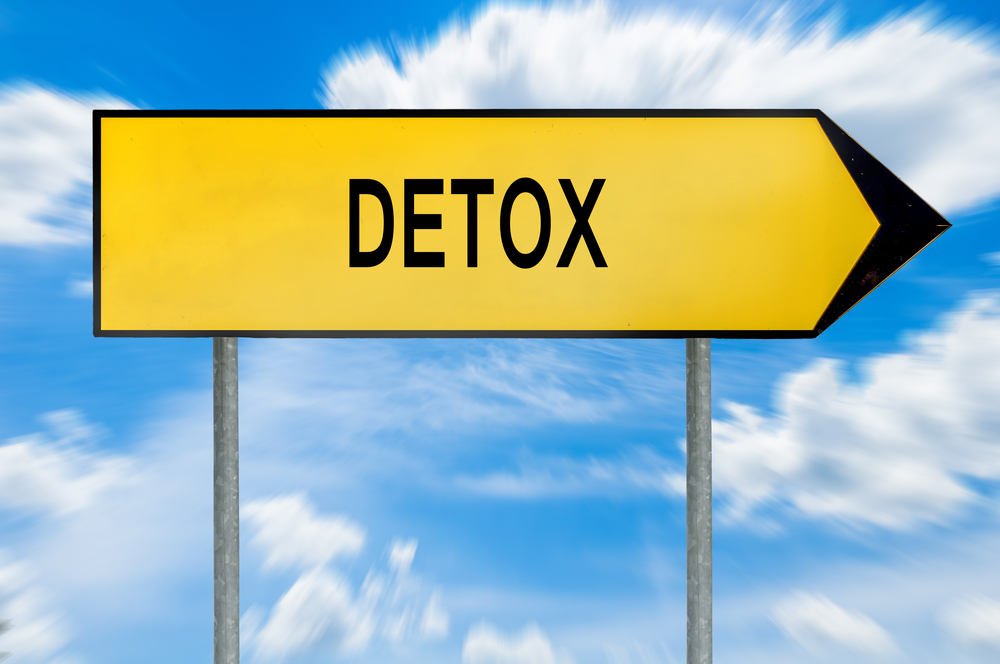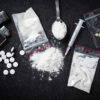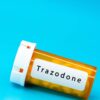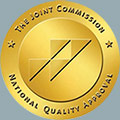Rapid detox was a process that was developed in the early 1990s. It was and is currently a detox method that is advertised as a painless process.
It is intended to assist individuals struggling with an opiate addiction. Rapid detox combines the use of sedation and medications to nearly eliminate an individual having to experience withdrawal symptoms, as it unsafely rushes one’s body through the detox process. An individual that undergoes rapid detox will be sedated under general anesthesia and given an opiate blocker to force the body to begin detoxing. After he or she wakes from the sedation the individual will be told that they have (erroneously) completed the detox process and are free to return home. However, part of experiencing the discomforts of detox is for the process to be ingrained in one’s mind and hopefully dissuade them from abusing drugs and/ or alcohol in the future. Sleeping through the detox process to avoid its discomforts is not only dangerous but can be a disservice to the individual’s long-term recovery process. Upon returning home, many individuals will likely experience adverse withdrawal symptoms, including strong drug cravings, nausea, pain, and more.
Is It Safe?
Rapid detox can be potentially dangerous and even life-threatening, as the Centers for Disease Control and Prevention (CDC) reports on several fatalities that were a result of this method of opiate detox. The adverse side effects that can occur because of undergoing rapid detox can be immense, as the CDC goes on to provide the following examples of additional risks involved with rapid detox:
- Pulmonary distress
- Thyroid hormone suppression
- Pulmonary failure
- Renal failure
- Respiration issues
- Elevated levels of cortisol, corticotropin, and catecholamines
- Irregular cardiac functions
- Delirium
- Psychosis
- Death
Treatment providers in the medical and mental health field do not consider it to be an effective form of detox, and as such is not recommended. The National Institute on Drug Abuse present data that indicates that rapid detox does not work to sustain recovery. The American Medical Association compiled findings from several studies, which conclude that individuals treated with rapid detox experience a higher rate of unfavorable effects, endure greater discomforts following detox than individuals who received traditional detox treatment, and do not have an increased resistance to relapse.
For Information and Support
Contemplating detox can be a very challenging time. Before any individual can begin to work on the underlying issues contributing to their substance abuse problem, they must be separated from the substances in their systems. If you are concerned for yourself or a loved one regarding substance abuse, and/ or addiction we recommend reaching out for help as soon as possible. The earlier you seek support, the sooner you and your loved ones can return to leading happy, healthy, and fulfilling lives. Sherwood Detox offers a stand-alone detox program. For additional information on detox, please do not hesitate to contact us at: 818-626-9959 or feel free to email us anytime. One of our trusted counselors is available to talk and discuss how we can best support you on your journey.









